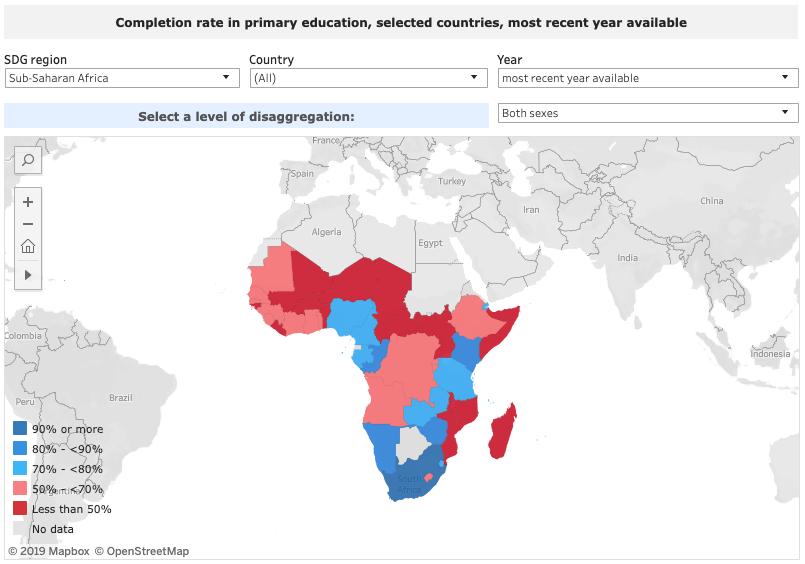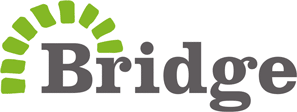To manage, you must measure: working towards realising SDG 4
13 November 2019
With the prospect of achieving Sustainable Development Goal 4—education for all by 2030—far from certain, the need for accurate information to measure progress has “never been more urgent,” writes the UNESCO Institute for Statistics (UIS) on the release of their 2019 SDG 4 data digest.
On current data, the UIS predicts that without a shift from ‘business as usual’, one-in-six children aged 6–17 will still be out-of-school by 2030. Recognising that, “countries are under intense pressure to produce education data,” which includes 11 indicators for SDG 4 alone (alongside a further 32 ‘thematic indicators to better support policymaking’) this new digest contains a useful monitoring framework.
In many countries, monitoring activity in education systems is easier said than done. Remote villages, isolated schools, a lack of technological infrastructure and limited numbers of education officials on the ground means that gaining a clear picture of education systems is both challenging and expensive.
If local governments do not know what is happening in their schools then it is near impossible to design policy initiatives that will improve those schools and the learning outcomes they facilitate.
The UIS framework offers ‘proven methodologies for data collection at international, regional and local levels’, borne of a concern writes the UIS Director Silvia Montoya in her foreword to the digest, that: “the collection, analysis and use of data are too often seen as ‘nice to have’, if and when resources allow. In reality, they help countries ensure that the money they spend on education has the best possible impact on individual and national well-being.”

The ambition of the framework and UIS more generally is captured eloquently by the Global Partnership for Education who conclude in their analysis that, “The challenge now is to ensure that no child is being left behind—and that means ensuring that every child counts and is counted.”
As Bridge has always believed, an education system can’t function effectively—or improve—without a clear picture of its strengths and weaknesses. Understanding and tackling the challenges, requires accurate data and gathering accurate data requires effective monitoring.
We welcome this new digest as it supports developing this clearer picture using new methodologies to help countries build a full and accurate understanding of their own education successes and challenges. Furthermore, it supports the generation of the internationally comparable data needed for global monitoring; essential if global targets such as SDG4 are to be attainable rather than just aspirational.
With new tools such as these, countries can track and accelerate progress on their own education priorities and contribute to the global achievement of SDG4. Let’s hope that a commitment to collating and understanding the data is achieved long before 2030.





